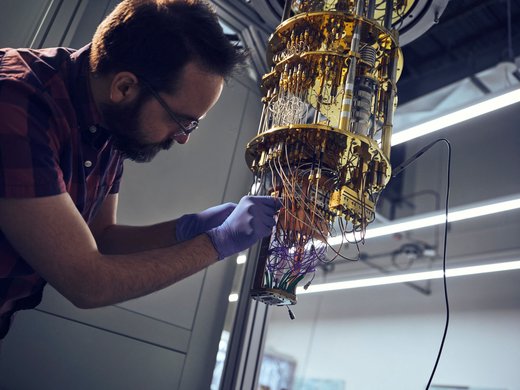The United Nations General Assembly has designated November 25 as the International Day for the Elimination of Violence Against Women in an effort to raise public awareness of the issue and invite action globally to end violence against women and girls. In recognition of this day, Soroptimist International of Kitchener-Waterloo and the Centre for International Governance Innovation (CIGI) invite you to join CIGI Senior Fellow Suzie Dunn, a Ph.D. candidate in the Faculty of Law at the University of Ottawa, for a virtual discussion on a form of violence many experience daily and often don’t recognize: online gender-based violence. In an era where technology is deeply integrated in all aspects of our lives, perpetrators of gender-based violence are using technology to abuse women and girls. If stopping this misuse of technology is not the solution, what can be done?
There is growing concern among anti-violence advocates about the increase of online abuse due to the COVID-19 pandemic and how to deal with these new types of technology-facilitated harms. In many cases, the solution requires a new technological skill set to assess the risk of the situation. Many people don’t even know what stalkerware, sextortion or deepfakes are, let alone know how to support a person who has been impacted by them. People are also often unaware of their right to security, privacy and safety online. While legal responses have been slow to catch up with the fast pace of technology, there are a variety of resources, laws and supports that can help women who have been targeted by online abuse.
CIGI has partnered with the International Development Research Centre on a project titled “Supporting a Safer Internet: Global Survey of Gender-Based Violence Online,” which will conduct research on women and LGBTQ+ persons’ experiences online, with a specific focus on countries in the Global South. As part of this project, Suzie has written a new research paper titled “Technology-facilitated Gender-based Violence and Abuse.” During this virtual discussion, she will present key concepts from her paper, including some of the more common forms of technology-facilitated violence, discuss technologies that have been specifically developed to exploit women, and share some supports that exist for these women. The misuse of emerging technologies requires responses across multiple sectors: law enforcement, legislators, technologists, victim support workers, educators and non-governmental organizations.
Following Suzie’s presentation, she will be joined by Nicky Carswell, Dr. Courtney Doagoo, Dr. Sarah Shoker and Sarah Tatsis. Their discussion will focus on the ways that emerging technologies impact women and girls’ safety online and suggest solutions on how all levels of government and society can prevent these harms from continuing in both the short- and long-term future.
Please note that this panel included frank discussion of a topic that is potentially sensitive for some.
Information on available Canadian support services, as well as a list of research and other content mentioned during the event, is available here as a downloadable PDF.


